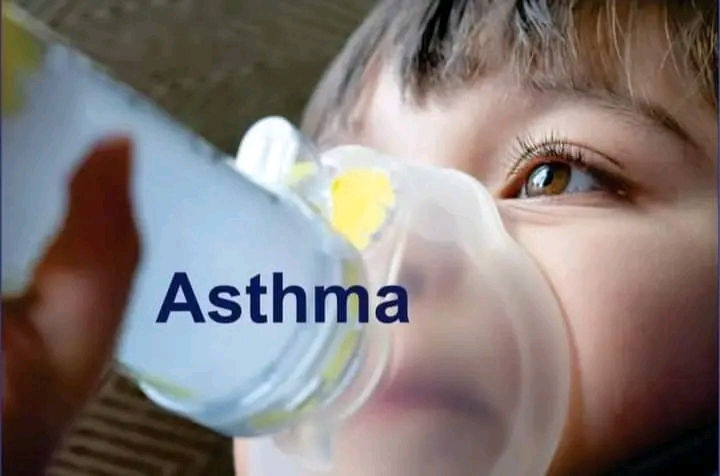ASTHMA
- drekpenherbalistho
- Jun 9, 2023
- 2 min read
Asthma is a condition in which your airways narrow and swell and may produce extra mucus. This can make breathing difficult and trigger coughing, a whistling sound (wheezing) when you breathe out and shortness of breath.
For some people, asthma is a minor nuisance. For others, it can be a major problem that interferes with daily activities and may lead to a life-threatening asthma attack.
Asthma can be cured, its symptoms can be controlled. Because asthma often changes over time, it's important that you work with your doctor to track your signs and symptoms and adjust your treatment as needed.
SYMPTOMS
Asthma symptoms vary from person to person. You may have infrequent asthma attacks, have symptoms only at certain times — such as when exercising — or have symptoms all the time.
Asthma signs and symptoms include:
Shortness of breath
Chest tightness or pain
Wheezing when exhaling, which is a common sign of asthma in children
Trouble sleeping caused by shortness of breath, coughing or wheezing
Coughing or wheezing attacks that are worsened by a respiratory virus, such as a cold or the flu
Signs that your asthma is probably worsening include:
Asthma signs and symptoms that are more frequent and bothersome
Increasing difficulty breathing, as measured with a device used to check how well your lungs are working (peak flow meter)
The need to use a quick-relief inhaler more often
For some people, asthma signs and symptoms flare up in certain situations:
Exercise-induced asthma, which may be worse when the air is cold and dry
Occupational asthma, triggered by workplace irritants such as chemical fumes, gases or dust
Allergy-induced asthma, triggered by airborne substances, such as pollen, mold spores, cockroach waste, or particles of skin and dried saliva shed by pets (pet dander)
CAUSES
It isn't clear why some people get asthma and others don't, but it's probably due to a combination of environmental and inherited (genetic) factors.
Asthma triggers
Exposure to various irritants and substances that trigger allergies (allergens) can trigger signs and symptoms of asthma. Asthma triggers are different from person to person and can include:
Airborne allergens, such as pollen, dust mites, mold spores, pet dander or particles of cockroach waste
Respiratory infections, such as the common cold
Physical activity
Cold air
Air pollutants and irritants, such as smoke
Certain medications, including beta blockers, aspirin, and nonsteroidal anti-inflammatory drugs, such as ibuprofen (Advil, Motrin IB, others) and naproxen sodium (Aleve)
Strong emotions and stress
Sulfites and preservatives added to some types of foods and beverages, including shrimp, dried fruit, processed potatoes, beer and wine
Gastroesophageal reflux disease (GERD), a condition in which stomach acids back up into your throat.





Comments